There’s a lot of love, longing, and loathing in THE RISE OF THE SYNTHS, and like midi-keyboards and the 80s, they all seem to go inseparably hand in hand.
Beginning as a Kickstarter crowdfunded documentary, RISE peeks behind the curtain of the surprisingly (and oddly) secretive world of Synthwave and the people who make it. Narrated by the dulcet tones of horror and synth icon John Carpenter, it’s a heartfelt and earnest film that can’t possibly cover the topic with the depth it deserves, and that’s OK.

Told in reverse, the documentary starts in present day, where synthwave seems to have reached its zenith, and rolls back to the early days of the first moments of the genre. While the narration comes from the maestro (filmed in a suitably 80s world of neon and cheese), much of it told by the people releasing music today. The conversations are like most oral histories; contradictory, self-aggrandizing, funny, and sometimes revelatory in their simplicity.
But mostly, they’re surprisingly mundane, as if the people who have a voice aren’t interested in really sharing what’s going on in their mind. They talk a lot about how much gatekeeping their genre has, how the composers want to keep their identities a secret, but it’s never really discussed why. Like artist 80s Stallone, some seem to shrug the whole thing off, while others cultivate their personalities even further by appearing in heavy makeup and masks.
It’s when you start Googling the artists that you realize why they’re like this. Most of these people are young. This has been their thing since social media was barely an idea. Now it’s everywhere – in commercials, television, and film. It’s mutating into something else, and like Tetsuo in AKIRA, the expansion can’t stop once it begins.
RISE does present this idea to its subjects, but to say they’re hesitant to answer would be an understatement. The best parts of the documentary are the undercurrents, where you can feel the tensions and even resentment some artists have towards others. Director Ivan Castell seems to acknowledge this as well and intercuts those in masks with those who actively scorn that behavior.

Another fascinating aspect deals with the fact that most of the artists riding the (synth)wave weren’t even born in – or didn’t experience – the 80s. To them, it’s an ethereal concept of a time they’ve known only through pop-culture or a brief passing moment when they were too young to register it in full.
Castell captures some of this cognitive dissonance with his subjects, but they are again hesitant to explore the matter further. The older artists flat out admit that love stems from a longing to be young again with fewer worries in the world, while others just seem to like the aesthetic. There’s nothing wrong with either, but I can’t help but feel there’s an entire ocean of material left unexplored.
Luckily Castell is wise enough to include Carpenter as the glue holding the doc together. His presence is that of a timeless wizard, glimpsed in silhouette through a neon dreamscape, where he tears down the illusions of grandeur. I made the music because I could and because I was cheap, he says, not unkindly. Now, nearly four decades later, Carpenter is almost mythic in stature, his music larger than life for those who saw his films at a young age.
But Carpenter, charming and no-nonsense as he is, waves the fawning away like a foul odor. Just do your thing, and if money comes from it, you’re under no obligation not to take it. There’s no interaction between him and the others, which is a shame, as it would have made for an interesting counterpoint to the bravado of youth.
That bravado is what drives some of the artists to mockingly laugh at the idea that Synthwave might already be on its way out. After bursting the doors wide open through the likes of Daft Punk, Kavinsky, and the film DRIVE, the genre has grown yearly in the mainstream to the point that it’s no longer a small subculture shared by a few on MySpace.
One day it’ll be so big that it’s no longer cool, one of the artists reflects in a documentary about them. About a genre of music celebrating one of the most capitalist and hedonistic decades of modern history, while their music is on every major streaming service. There’s a remarkable lack of awareness that makes the whole thing delicious.

Intercut with scenes of Castell roaming the desert in a DeLorean, complete with ray-bans and 80s gear, there’s an argument that this genre, movement, style, or whatever it will become could potentially last forever. If anything, synthwave is barely in its teenage years, complete with angst and fear over what comes next.
Castell is here at exactly the right time with his camera. What begins as a love letter from the past to the future and vice versa quickly transforms into an exploration of why we love what we love. His cavalcade of subjects are all interesting, even as their taciturn natures make for difficult soundbites, and you can feel that we’re this close to breaking through with them. In just under 90 minutes, Castell’s film helps us dip our toes into the shores of the midi-ocean. It might be a shallow first contact, but it’s undeniably exciting and interesting.
The big question becomes what happens next. I, for one, hope there’s a sequel, one that will go even further into this budding culture. If it does happen, please let it be called “THE PLANET OF THE SYNTHS.”



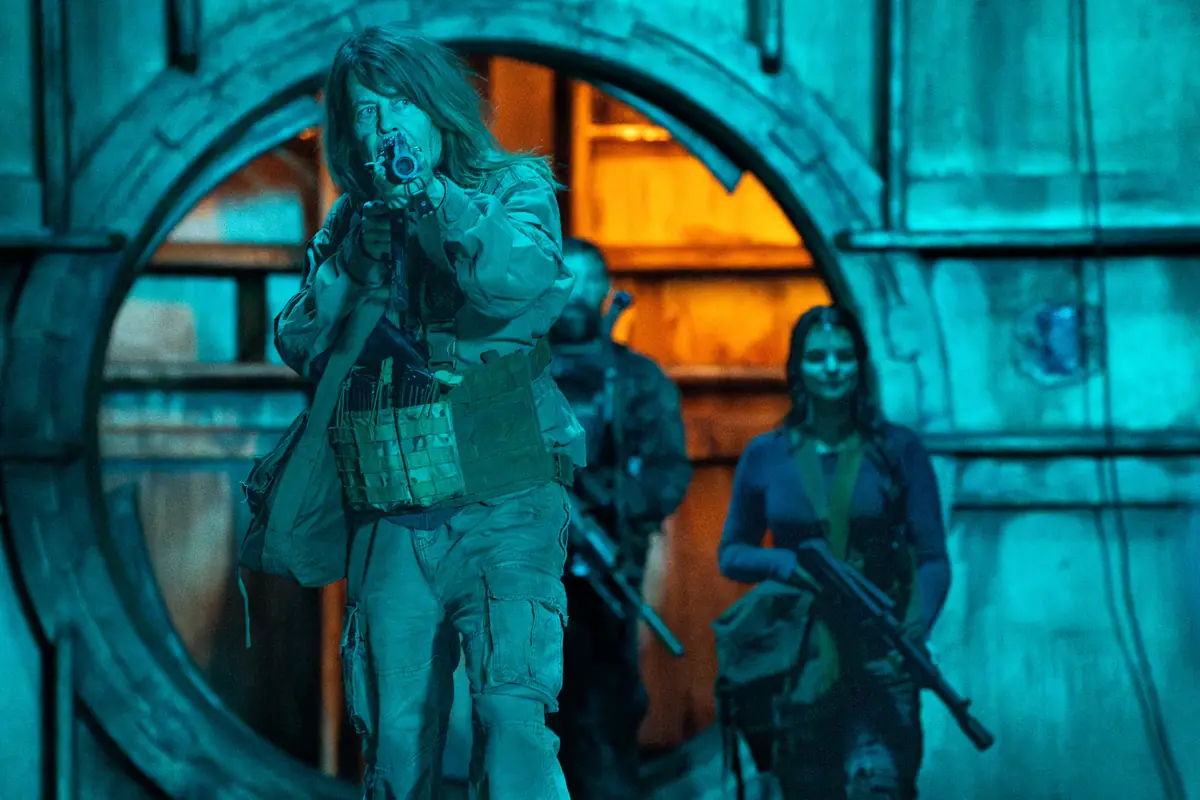

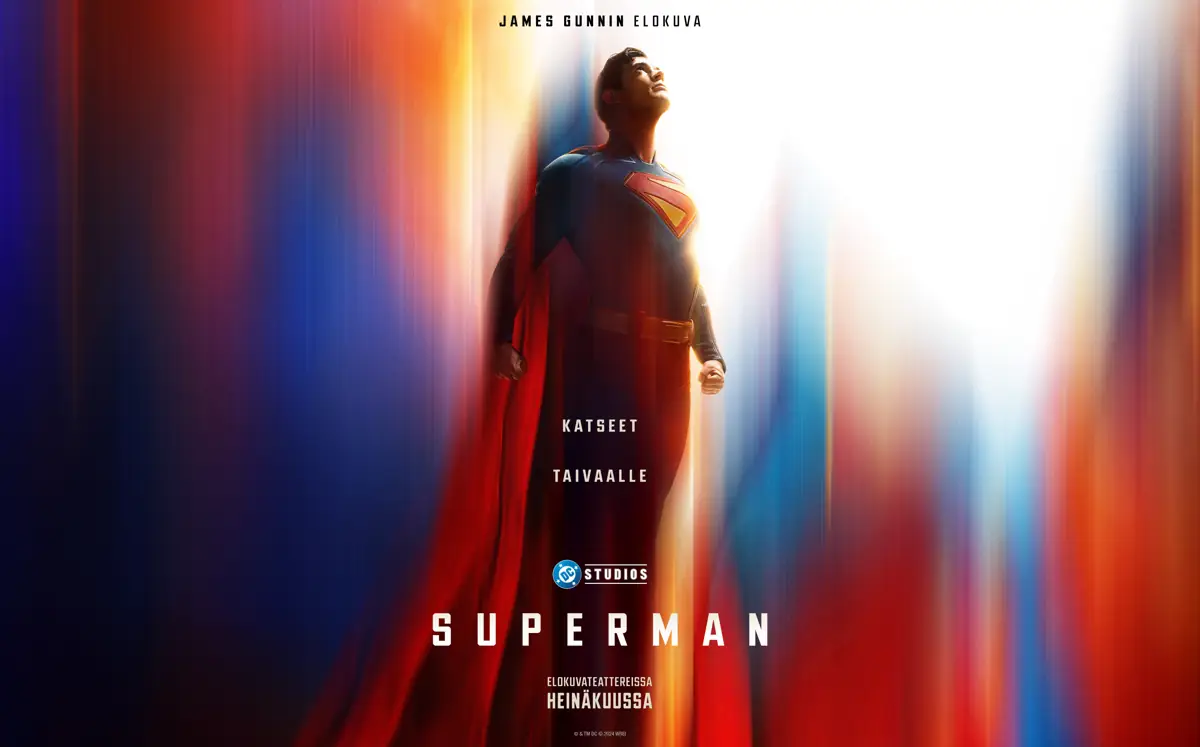

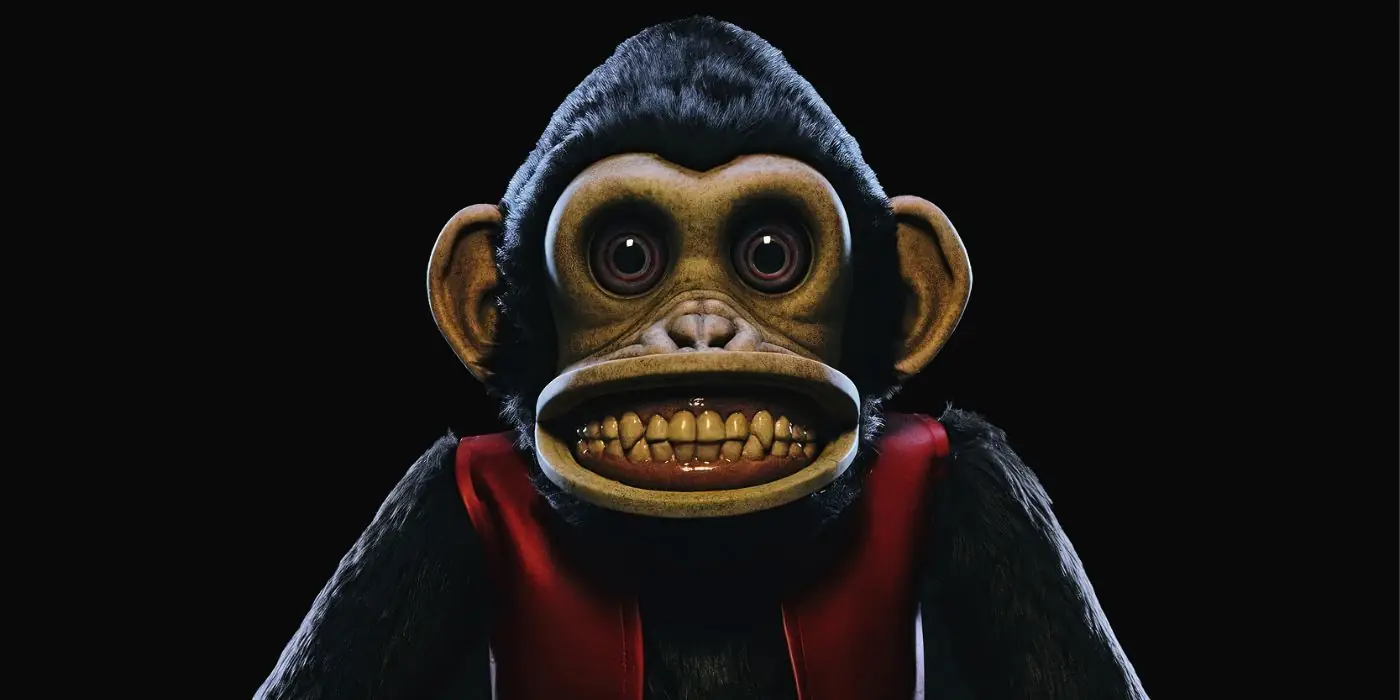
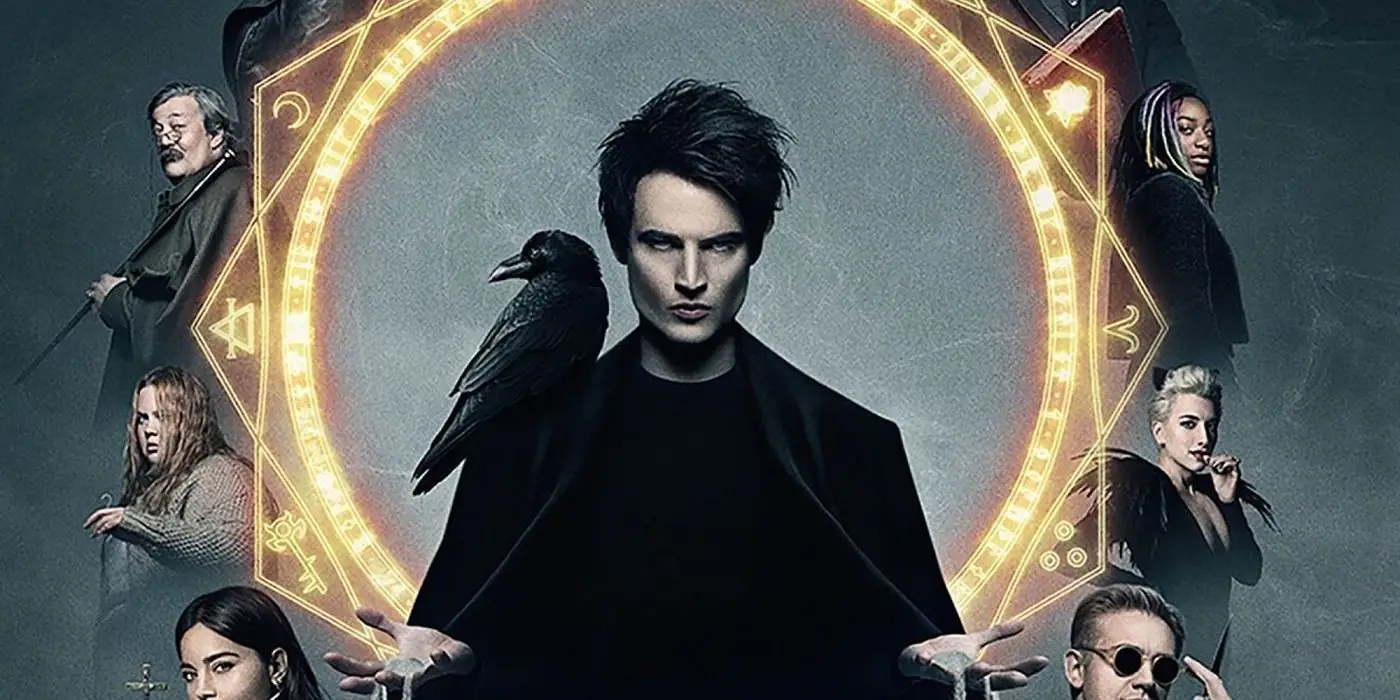
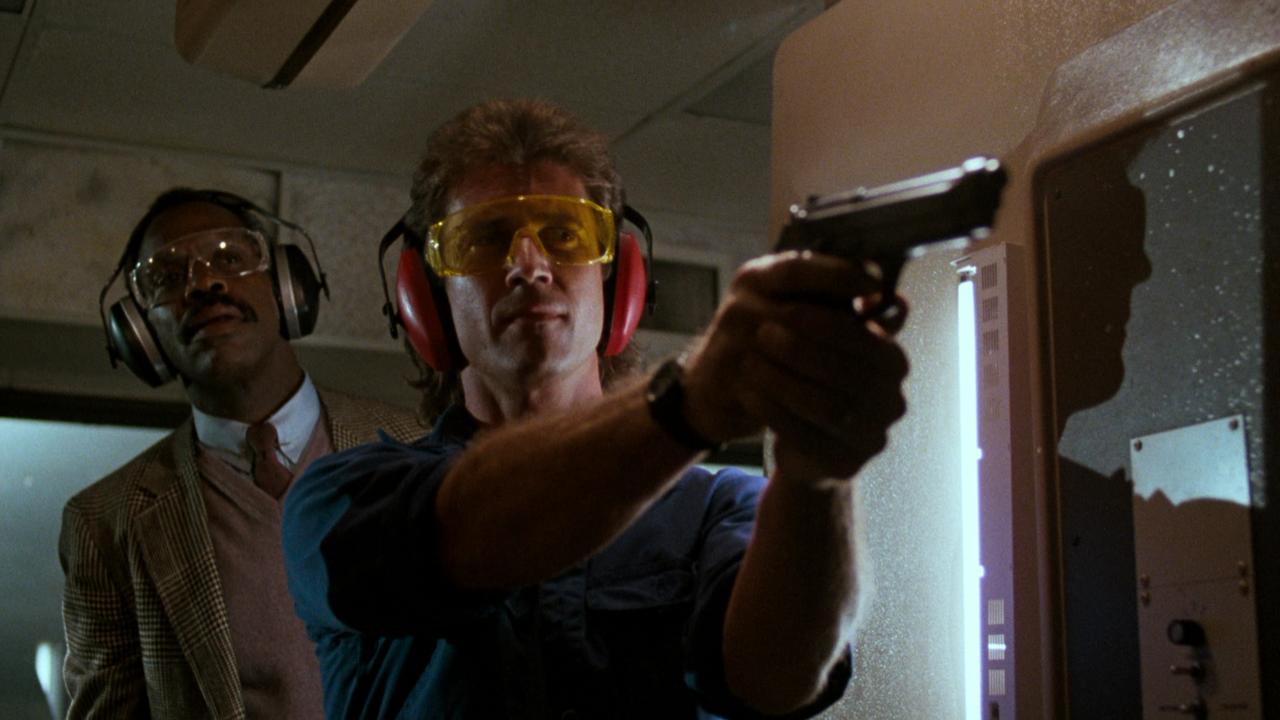


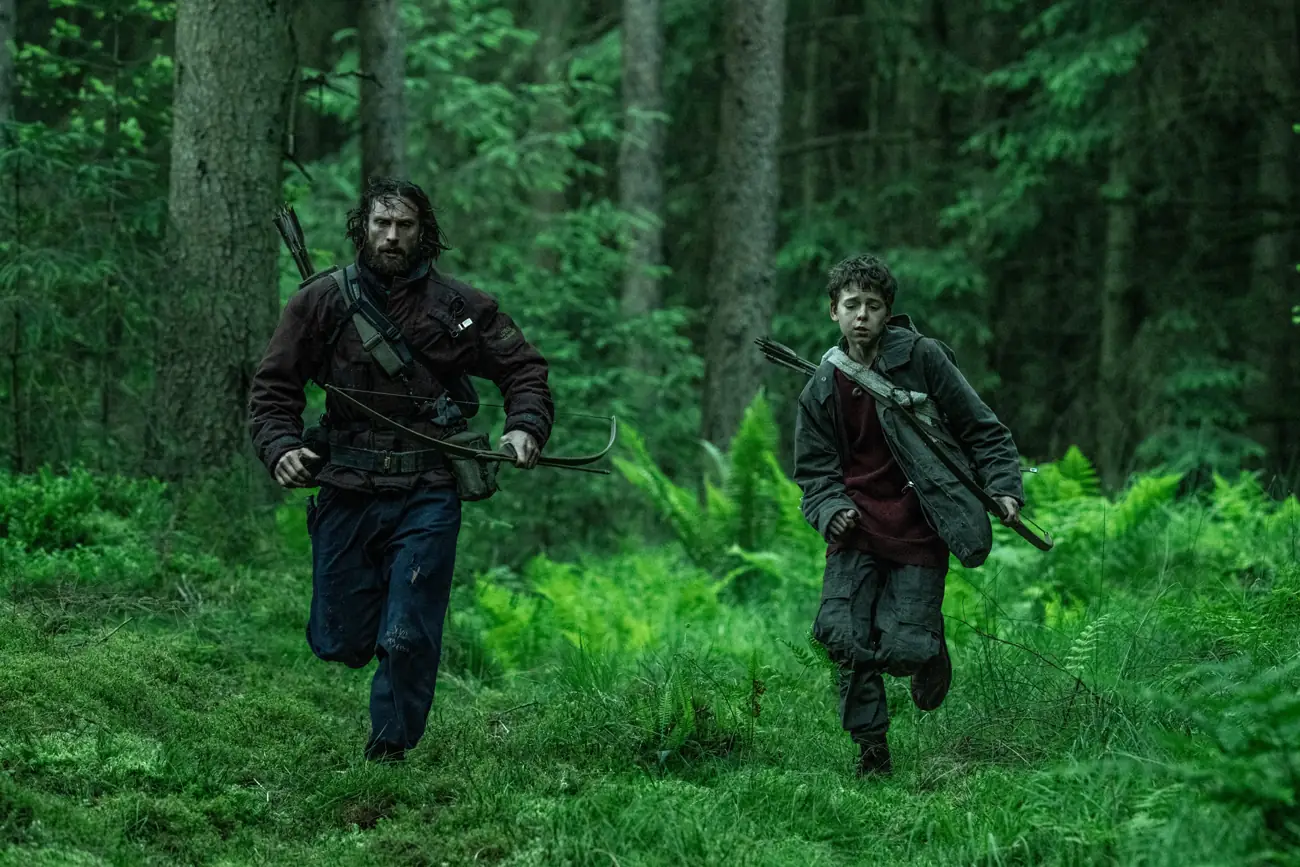

Discussion